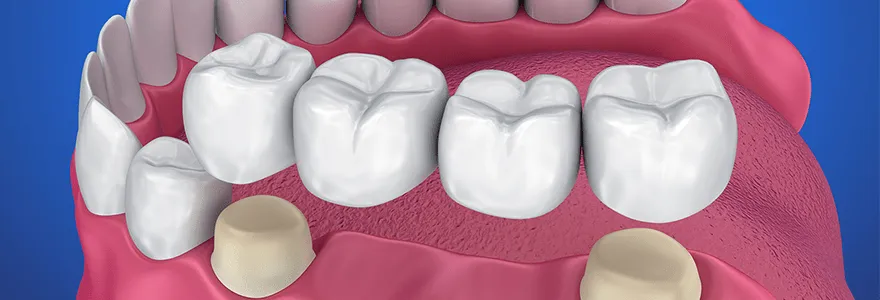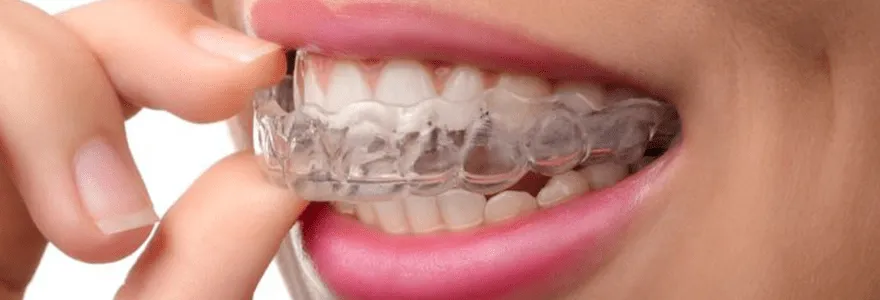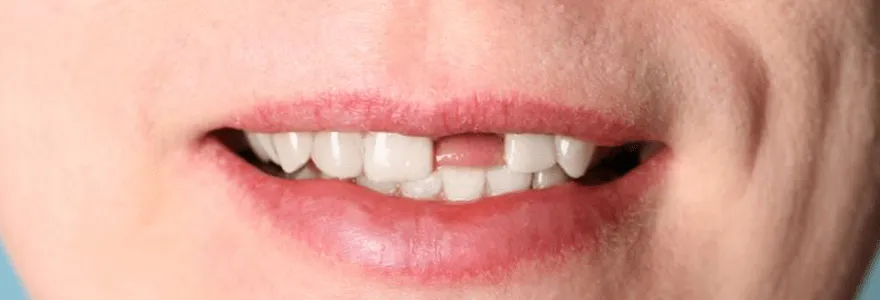Is it safe to see the dentist during COVID-19? Yes!
The coronavirus pandemic has altered the world around us. Preventive protocols like physical distancing and covering mouth are now important to avoid the risk of Covid-19 infection. But, it is also important to maintain oral health. A cleaner and healthy mouth contribute to minimizing the chances of viral infections as it is well known that a healthy body is less prone to any infections. The pandemic has pushed many to neglect their oral health concerns and as the world starts to unlock, the question still persists- Is it safe to see the dentist during COVID-19? According to the Centers for Disease Control and Prevention(CDC), there has not been one single reported case of COVID-19 transmission associated with dental offices so far. Just like any of us using masks on daily basis, washing hands, using sanitizers, disinfecting surfaces, the dentists to have already put all preventive protocols in action to ensure safety for their staff and patients. All safe dental offices have geared the patient & staff interaction to be straightforward and predictable by minimizing contact wherever possible, by using PPE kits and minimizing chairside adjustments, etc. Efficiency in all aspects of treatment and operations has now become critical. So, why neglect oral health when all the infection control procedures are in place! The dental community has been issued safety guidelines to follow, but here are a few things you can do to overcome the hesitation of seeing your dentists during the pandemic.Yes, Please.Before you make an appointment, here are a few questions you may ask to overcome the apprehension: If patients are screened over the phone before their visit.If the practice limits the number of people allowed in the waiting room at one time.If they disinfect all surfaces including telephones, the EFTPOS machine, door handles, etc.If all instruments/tools are sterilized after each patient.If the staff have enough personal protective equipment?If both staff and patients wear masks at all times?If they have removed high contact items in the reception area like, magazines & toys.If they have adjusted seating in the reception area to facilitate social distancing. If the answer to all of these questions is “yes,” it means the dental office is doing everything to provide a safe environment & hence, you can feel at ease going to the dentist’s office.Your CallA safe dental practice puts infection control measures in action and you can see it for yourself in the initial visit. It's then your choice to go ahead or not. So, here's a list of everything you need to observe before you make an informed decision. A safe dental practice:● Records your detailed travel history and medical history.● Sterilizes instruments for each and every patient.● Uses disposable suction tips and instruments.● Disinfects the dental chair, instrument panels, dental light unit and benchtops between every appointment.● Places protective barriers over surfaces such as a headrest, x-ray units, etc.● Uses Personal Protective Equipment (PPE)● Requests patients to undertake a 30-second preoperational antimicrobial mouth rinse with a 0.1% hydrogen peroxide solution before treatment●…



